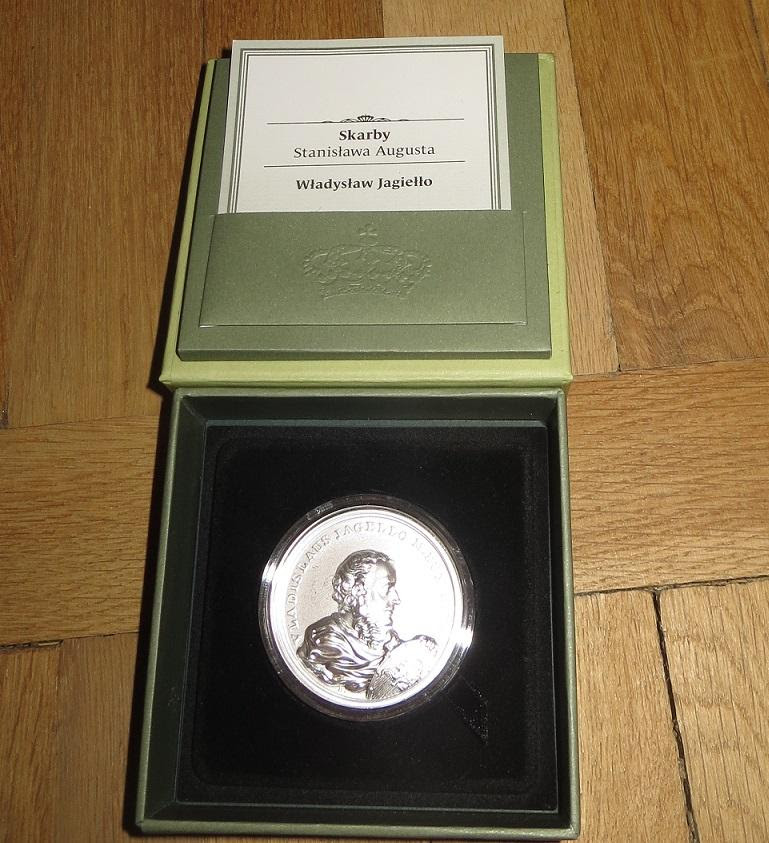

So far, there has been no trace of this fund whatsoever. With 500 million NEM stolen, things are not looking good. It is evident the theft of Coincheck’s funds has been a cause of concern. That in itself is pretty worrisome, although recovering the money is no longer an option. According to BIG Blockchain Intelligence Group, the stolen funds have been laundered through a Vancouver-based exchange. The mounting lawsuits are a big problem already, but it’s only the tip of the iceberg. Identifying the recipients of funds transferred on their blockchains is proving impossible.Ĭoincheck resumed trading on Monday.For those who thought things couldn’t get worse for Coincheck, the reality is very different. According to Japan Times, the exchange has recognized the risks posed by these cryptos that can potentially facilitate money laundering. Japanese media reported this week that the exchange was expected to discontinue support for three cryptocurrencies providing high levels of anonymity – Monero, Dash and Zcash.
#Coincheck stolen investigations registration
Its registration has been postponed by the attack in January, but also by Coincheck’s policies allowing customers to remain anonymous. The trading platform filed an application with Japan’s Financial Services Agency (FSA) in September to register under the revised legislation regulating payment services in the country. It has also prepared a set of measures to improve its security, informing authorities about its plans in that direction. The Japanese exchange has already refunded ¥46.6 billion ($440 million) to compensate about 260,000 of its customers who lost NEM funds. A week after the hack the NEM Foundation said no attempts had been made to trade the cryptos on other exchanges.įor weeks, Coincheck has been trying to recover from one of the biggest hacker attacks. He believes it’s getting harder to trace these transfers and track the stolen coins. Kusunoki also thinks the site is still being used to process transactions. Masanori Kusunoki, Chief Technology Officer at Japan Digital Design, claims they have been laundered through a website existing on the darknet. A cybersecurity expert told the Japan Times the hackers may have converted up to half of the snatched coins into other cryptocurrency or even fiat money. Recent reports suggest that a lot if the missing XEM cryptos are probably lost forever. However, the organization did not reveal any more details about the reasons behind its decision to stop further tracking. On Tuesday, the NEM foundation said its efforts have provided some “actionable information” to law-enforcement authorities, the Japan News reported. The Singapore-based foundation developed a special technology to identify the accounts the cryptocurrency was sent to. The Japanese exchange lost some ¥58 billion worth of NEM (~$550 million USD) in January, when it was attacked by hackers. The NEM.io Foundation, created to promote the NEM cryptocurrency (XEM), has stopped tracking the coins stolen in the Coincheck hack. According to some estimates, half of the NEM coins that disappeared in the hack have been laundered on the darknet. It did not explain its decision to end the tracking efforts. The Singapore-based organization said it had provided law-enforcement agencies with information from its investigations.

The NEM Foundation has announced it will no longer track cryptos stolen from the Japanese exchange Coincheck.


 0 kommentar(er)
0 kommentar(er)
